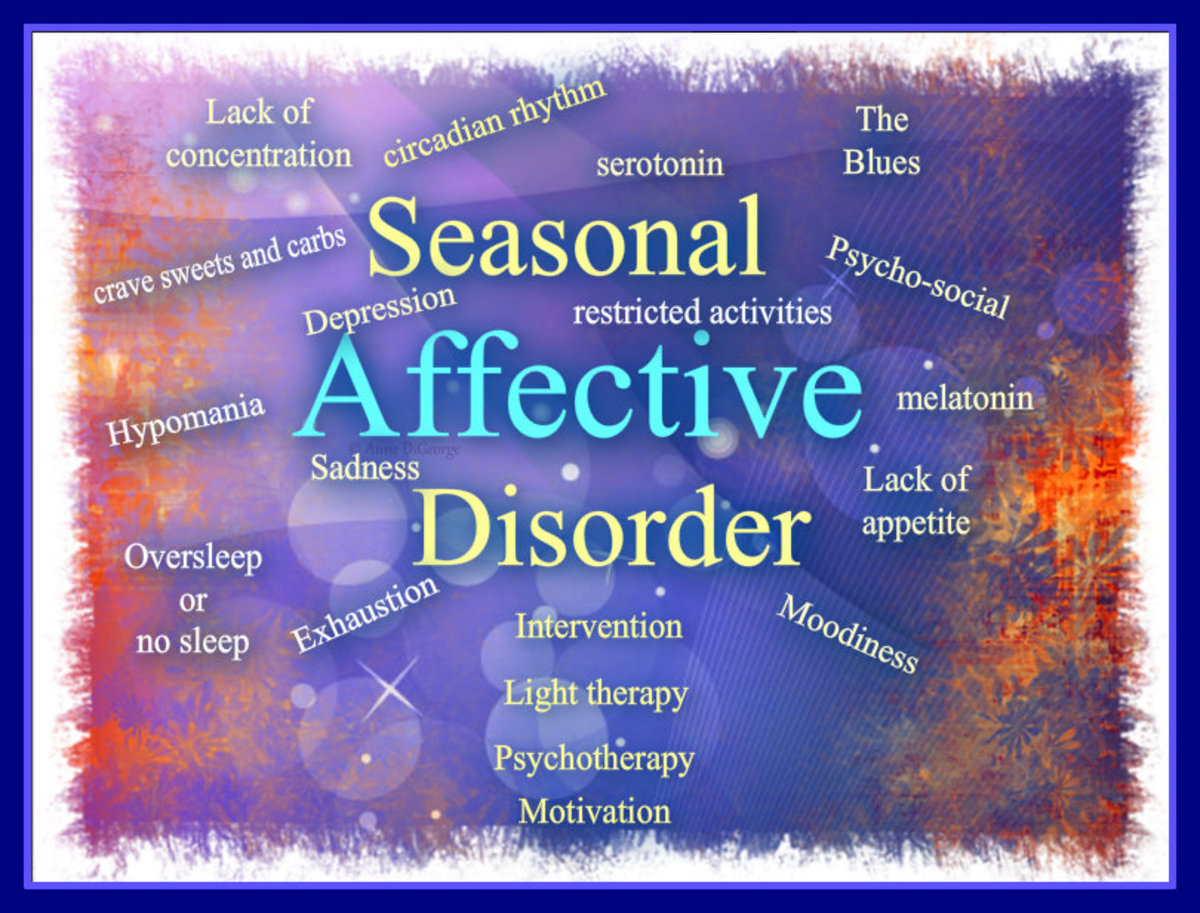The Blues Can Hit You Hard and Long! Deal Personally and Professionally. Lots of Good Ways to Get Help!
We All Get The Blues on Our Blue Oceanic Planet!

The "Blues" - Depressive, Sad, Melancholy or Withdrawn, Hopelessness, Despair
There is a whole musical genre called "The Blues", which specializes in certain chord
patterns, lyrical themes, musical tones and general melancholy outlook.
Then there is "feeling blue" which might be because your are suffering a romantic
setback or other personal loss.
Really being "darned blue" can approach the clinics which provide more technical
names.
Singin' About The Blues, Feeling Blue and Really Being Darned Blue - There Is Help
In Western Culture A Positive Upbeat Outlook Is Seen as Beneficial and Healthy
There are millions of people in other cultures on this planet who actually see blues and depression as preliminary preludes to spiritual breakthroughs, or simply natural states that are their resident, incipient and ever present realities.
Our main issue then has to do with the specific Western outlook which sees a Mood Disorder as a particularly disquieting situation that hopefully one could affect and alter, so as not to "hold one back" from the achievement and progress that they are attempting to make in their lives.
Enter The Neurotransmittersin General and Serotonin Specifically
Serotonin, Noradrenaline, Acetylcholine and Dopamine are the main neurotransmitters and they have overlapping and divergent effects. Sometimes acting on their own, and sometimes together, they variously affect cognitive function, mood, motivation, sexual drive, pleasure, anxiety, irritability, appetite and aggression. Serotonin seems to be the main player in depression and is the subject of this article, but serotonin receptors are involved throughout the body, especially in gastrointestinal and circulatory issues.
However, it should be noted that SSRI's seem to have more subtle effects and thus are beneficial for "everyday living". As in all cases of drug treatment however, individual cases can vary and not fall into norms, averages, or means.
What Is Reuptake?
As we have said, certain brain chemicals called neurotransmitters are associated with depression, including the neurotransmitter - serotonin.
Some research suggests that abnormalities in neurotransmitter activity affect mood and behavior. SSRIs seem to relieve symptoms of depression by blocking the reabsorption (reuptake) of serotonin by certain nerve cells in the brain.
This leaves more serotonin available in the brain. Increased serotonin enhances neurotransmission — the sending of nerve impulses — and improves mood.
The long name is "Selective Serotonin Reuptake Inibitors". The "selective" process has to do with the fact that these drugs seem to select serotonin and not other neurotransmitters.to affect only serotonin, not other neurotransmitters.
Genes, Alleles, Individuality Play In the Stress and Depression Drama
It's thought that people's sensitivity to antidepressant effects, especially selective serotonin reuptake inhibitor effects, can vary depending on:
How each person's serotonin reuptake receptor function works - Individually
His or her alleles — the parts of chromosomes that determine inherited characteristics, such as height and hair color, which combine to make each person unique. - Family or Ethnic Characteristics
Depression in Certain Somatic and Ethnic Types Seasonal Affective Disorder - Check With Your MD
While this article does not deal with all these issues, ethnicity is particularly interesting because, besides gender, it appears to be one factor that is simply factually ours at birth, which we then have to deal with. Seasonal Affective Disorder seems to affect certain Northern European (Blonde/Blue Eyed Types) Certainly confer with a Doctor.
Irony Plays Its Hand
The children who used to joke about their father are now being amusedly and happily commented upon by their children. Now the adult children point their fingers at their children and say: "Don't laugh. Someday you might see the need."
It appears from reports that SSRI's can be taken over a long term. Of course, there are always side effects, and reactions vary from individual to individual, and doctors' care is the only way you can obtain these. So, be encouraged to study, investigate, ask questions and explore. But if you feel you can benefit, even remotely, you should at least take a look.
Personal Experience, Though Anecdotal, Makes A Strong Impression
This is not a comment upon how many people consume these products, and whether all of them are needed. We tend to be an over medicated society and drug abuse is also a common American malady. However, when one observes through personal and intimate contact real live case histories of people "converted" from morose moodiness to normal and bouncy outlooks that they used to have as younger people, it makes a very strong impression.
Certainly some people ask for these drugs who may not actually need them. Recreation and entertainment can become prime motivators for attempting to get these and other types of drugs. However, the abuse or misuse of these drugs simply indirectly demonstrates their power and effectiveness. The individual who is seriously suffering should not be dissuaded by these social factors.
What Does "Reuptake" Mean?
Researchers discovered that neurotransmitters in the brain are
regulated by some not clearly understood process,
in which the system "clears" a certain amount of serotonin from the brain;
When the researchers figured out how to prevent the brain from "picking up and
removing" the serotonin,
they then affected the process by leaving more serotonin in the brain.
Precisely how SSRIs affect depression isn't clear.
Temperament and Mood
© 2010 Christofer French








